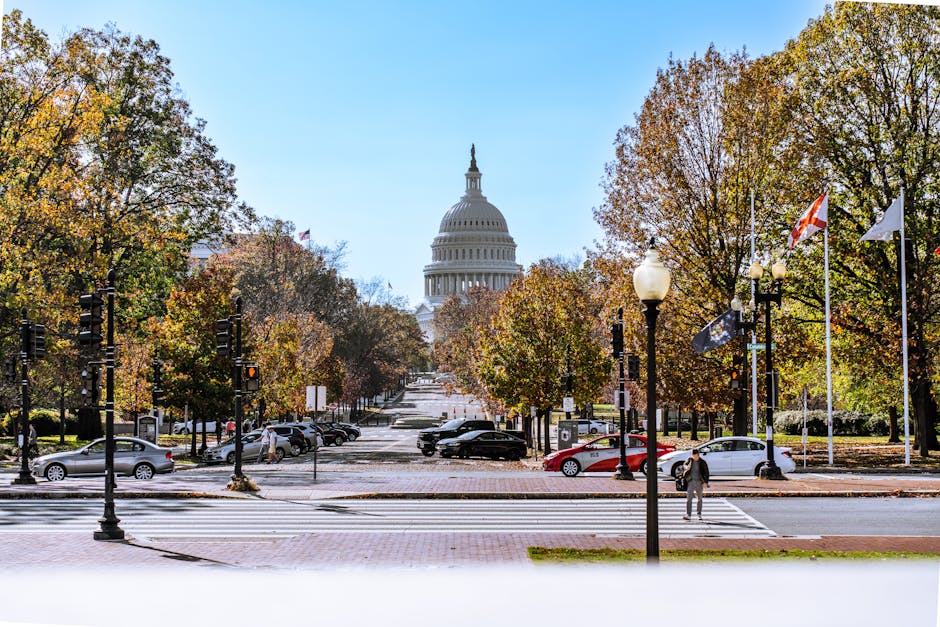The contemporary political landscape is often characterised by an apparent hardening of stances. Political ideologies, once potentially fluid and adaptable, seem increasingly entrenched, resisting compromise and fostering a climate of heightened division. This article will explore the factors contributing to this perceived rigidity, analysing the implications for democratic discourse and the potential for constructive dialogue.
A number of interconnected elements are responsible for this trend. Firstly, the rise of social media platforms has played a significant role. These digital spaces, while facilitating communication, have also created echo chambers. Individuals are primarily exposed to viewpoints reinforcing their existing beliefs, effectively isolating them from alternative perspectives. This algorithmic curation strengthens entrenched positions, diminishing the capacity for nuanced understanding and constructive engagement with opposing viewpoints.
Further solidifying the rigid nature of political ideologies is a growing partisan divide on core issues. The emphasis on identity politics has become a defining feature of the modern political climate, driving the alignment of individuals with specific ideological camps based on shared group characteristics. This trend often fosters a “us versus them” mentality, making compromise on core values less appealing or even unthinkable. Increased polarisation around economic issues, particularly inequality and wealth distribution, also plays a crucial role. The perceived widening gap between the haves and have-less, and the ensuing political arguments surrounding wealth redistribution, contribute further to this ideological hardening.
Moreover, the complexity of contemporary issues also contributes to this trend. Issues such as climate change, globalization, and technological advancements are often debated within highly technical and nuanced frameworks. This complexity, coupled with the need for rapid responses, can inadvertently lead to overly simplistic positions being adopted by politicians and individuals alike. Simplification fosters a perceived “either/or” mentality, further contributing to the rigidity of political ideologies.
An additional component is the erosion of traditional party affiliations and structures. The emergence of independent voters and the fragmentation of political coalitions has resulted in a political landscape increasingly characterised by ideological purity rather than traditional party pragmatism. This is reflected in the rise of populist movements, which often prioritise unwavering loyalty to a specific ideology over collaborative problem-solving.
However, a counter-narrative exists. A strong argument can be made that the apparent rigidity of political ideologies is, in part, a perceived phenomenon. A historical analysis reveals a continuous ebb and flow in the ideological landscape. While modern iterations might manifest in a more rigid form, this rigidity is not necessarily intrinsic to the ideologies themselves, but rather an outcome of specific socio-political circumstances.
The media’s role in shaping public perception deserves specific attention. Often, media outlets are criticised for framing debates in an overly polarised manner. Sensationalism and the prioritization of conflict over consensus can exacerbate divisions, creating an impression of greater rigidity than actually exists. This framing may contribute to the perception of an increasingly inflexible ideological landscape.
Another potential mitigating factor is the inherent human tendency to seek simplicity and order in complex situations. Political ideologies, in their core essence, offer frameworks for understanding and navigating the world. This inherent desire for structure, especially during times of uncertainty, could explain why ideologies might seem more rigid.
Ultimately, the question of whether political ideologies are becoming more rigid necessitates a nuanced perspective. While evidence points to a perceived strengthening of partisan divisions and a decrease in willingness to compromise, this trend is not inherently irreversible. Fostering a climate of respectful dialogue, actively encouraging critical thinking, and promoting a broader understanding of diverse viewpoints can contribute to a more adaptable and less rigid political landscape.
Encouraging individuals to look beyond echo chambers, fostering empathy towards differing perspectives, and promoting media literacy can help break down the barriers of perceived rigidity. The complexity of the challenges facing the modern world necessitates collaboration and compromise. This demands a shift from rigid adherence to preconceived notions to a more open and flexible approach to problem-solving and governance. Ultimately, the goal should be to create a political space where productive debate and negotiation are valued and prioritised over polarisation and unwavering ideological adherence. Only then can a more flexible and responsive political system emerge.
